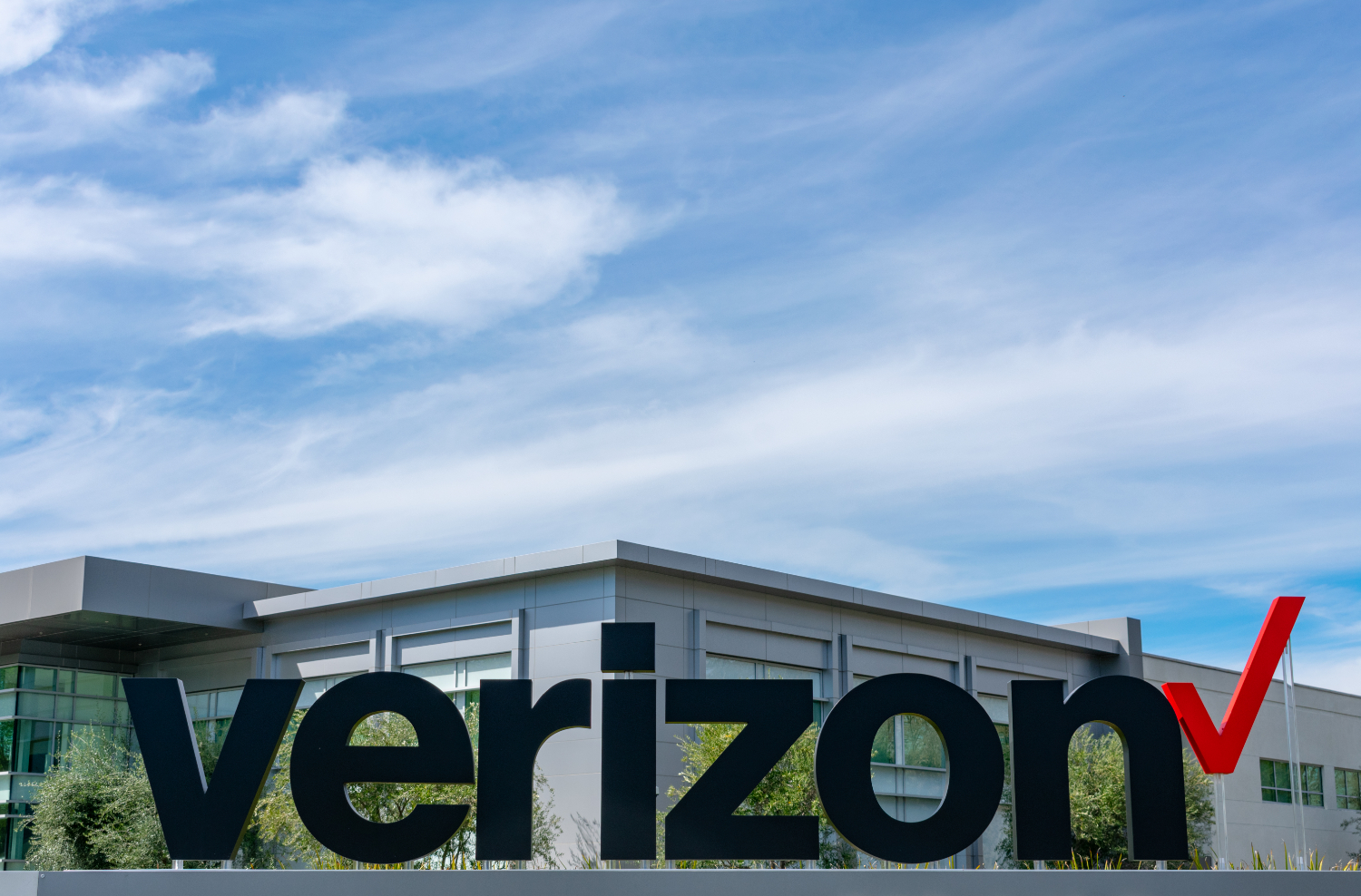Report: Huawei Starts $1 Billion Patent Spat With Verizon
Huawei is going down swinging. Despite facing intense scrutiny as the result of its blacklisting by the U.S. in May, the company is reportedly accusing Verizon of infringing on 238 of its patents, with the hope of forcing the wireless carrier into a costly licensing agreement. And "costly" is an understatement: An unidentified source told The New York Times that Huawei could seek up to $1 billion in licensing fees.
The Wall Street Journal reported this week that Huawei first made these accusations in February. That was before its addition to the Entity List, which led many tech companies to cease business with it, but after the U.S. made it abundantly clear that it was suspicious of the company by having Canada arrest its chief financial officer. (And amid rumors that it would be banned entirely from U.S. wireless networks.)
It's hard not to read these reports without thinking Huawei may be desperate. The company has largely denied the impact losing U.S. suppliers would have on its business, and seemed ready to fight the U.S. for its right to do business in the country, but there could be a few cracks in that facade. It recently delayed the development of new laptops, for example. Now it's tangling with Verizon.
Verizon previously had an indirect relationship with Huawei; its vendors were the ones buying equipment from the Chinese company. Now, in addition to figuring out its own culpability, the company has to navigate the political ramifications of dealing with Huawei. Part of the reason why trade talks broke down between the U.S. and China (at least according to reports) is the latter's stance on intellectual property theft.
The U.S. feared that Chinese businesses would have an unfair advantage over their U.S. rivals by stealing trade secrets. Those fears come right back to Huawei, too, because the U.S. Department of Justice accused the company of bribing T-Mobile employees in exchange for sharing intellectual property. We live in the Information Age, which means these accusations carry more weight than ever.
Huawei's accusations turn those fears right back around on Verizon. A billion-dollar licensing agreement would have to be carefully considered in any circumstance; now it's also at the heart of a trade war between the U.S. and China. We've cursed Verizon's cellular coverage as much as anyone else, but even we don't begrudge its lawyers the situations they're in.
Get Tom's Hardware's best news and in-depth reviews, straight to your inbox.

Nathaniel Mott is a freelance news and features writer for Tom's Hardware US, covering breaking news, security, and the silliest aspects of the tech industry.
